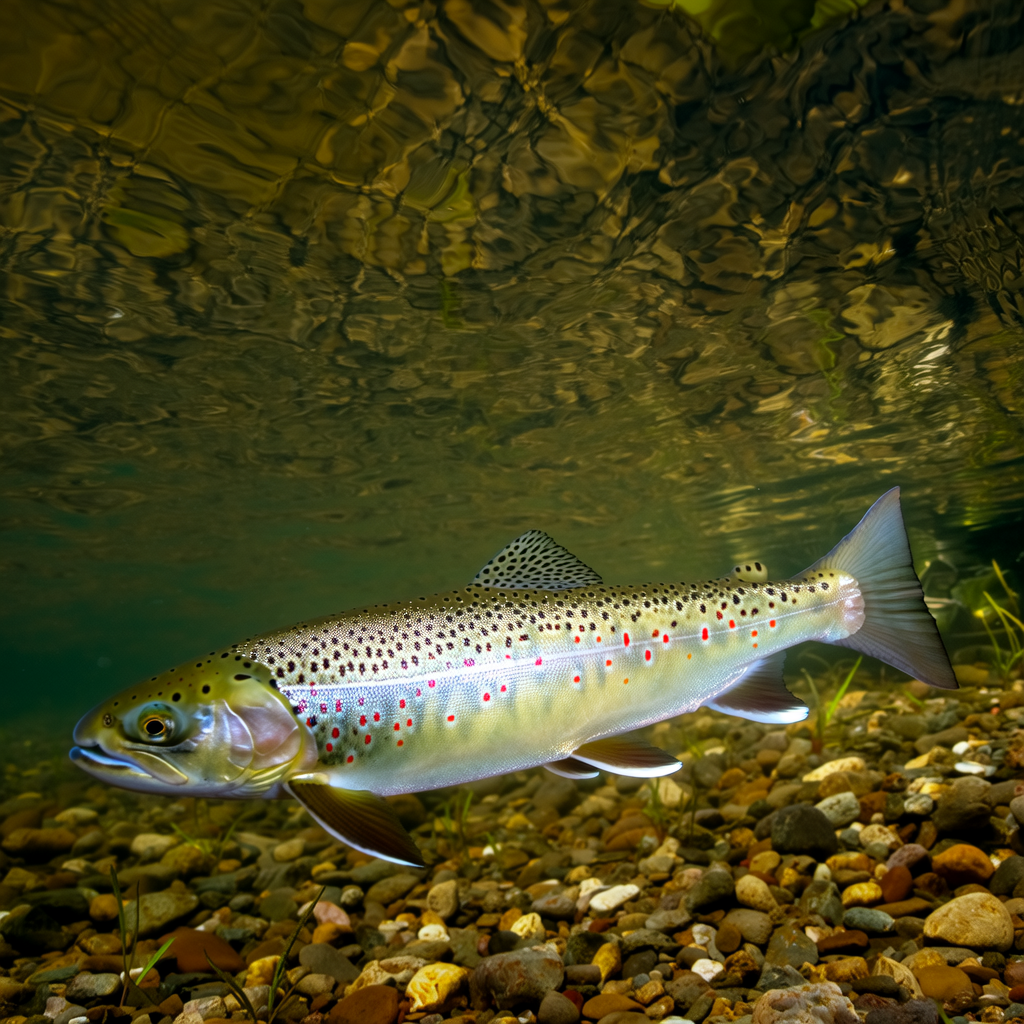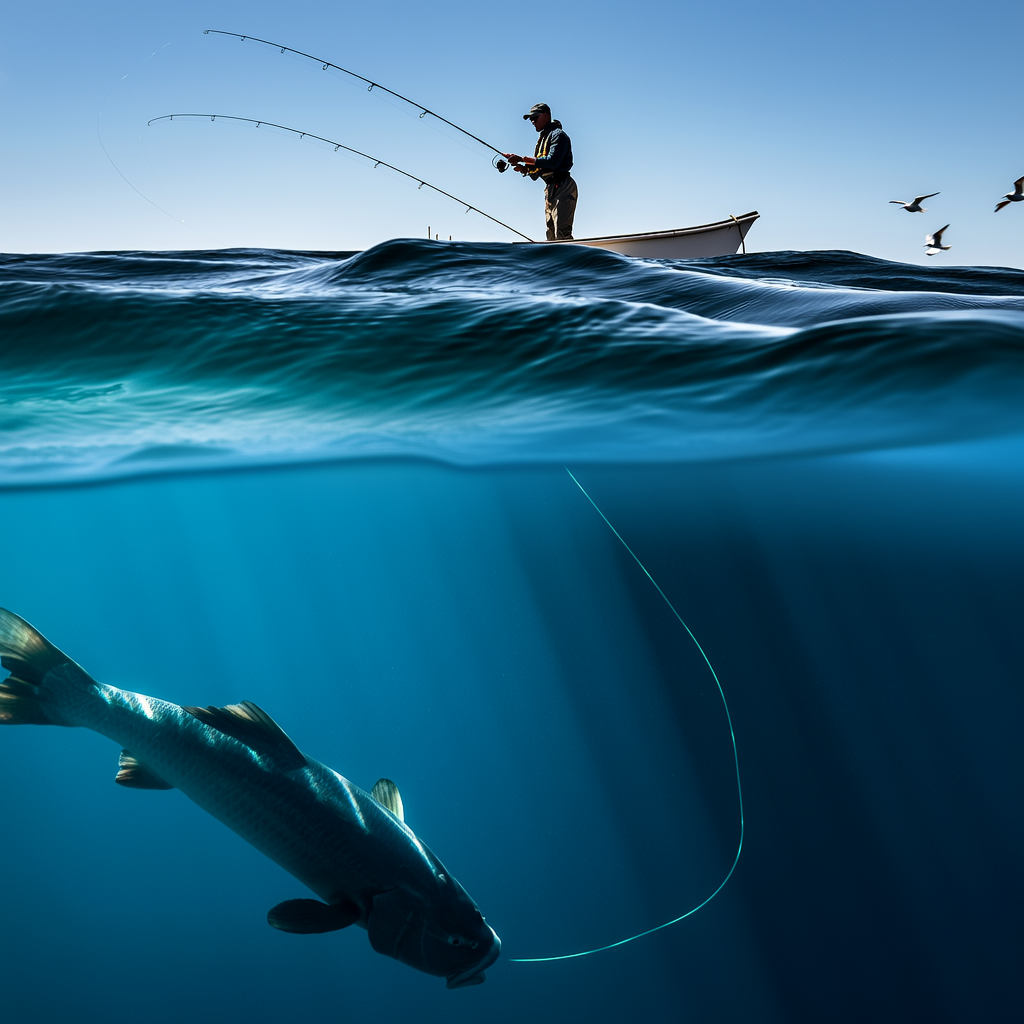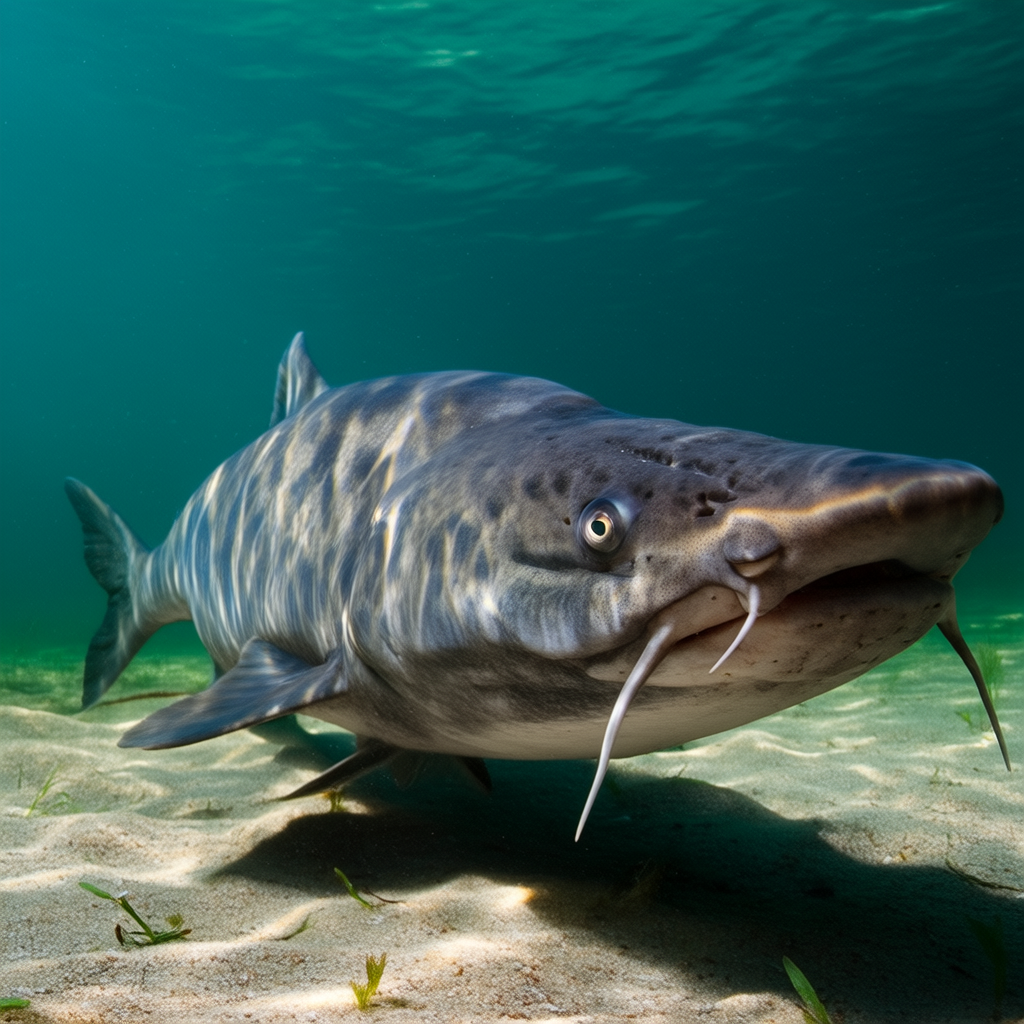Welcome to our comprehensive guide on the South Carolina fishing permit. This article will give you all the information you need, whether you are a resident or non-resident.
What is a South Carolina Fishing License (SCF)?
A South Carolina fishing licence is a legal document which allows individuals to fish within the South Carolina waters. The South Carolina Department of Natural Resources issues the licenses. Anyone 16 years old and older who wants to fish recreationally in the state must have one.
Why Do You Need A Fishing License?
The primary purpose of a fishing license in South Carolina is to regulate and monitor fishing activities. By obtaining a license, you are contributing to the conservation efforts in South Carolina, ensuring the sustainability and health of fish populations and natural habitats. The fishing license fees also go towards funding various conservation and enhancement programs for fisheries.
Who needs a fishing license?
Anyone 16 years of age or older, resident or not, who wishes to fish on the public waters in South Carolina must have a valid license. There are a few exceptions.
- Residents and non-residents below 16 years old are not required to possess a fishing licence.
- Persons with disabilities who have a valid disability permit or license issued by the SCDNR will be exempted from having to obtain a fishing license.
- Residents who are at least 64 years old and have lived in South Carolina for a minimum of one year do not need a fishing permit.
Fishing Licenses Types in South Carolina
The South Carolina Department of Natural Resources provides several types of fishing permits to accommodate different categories of anglers. Here are some of the most popular fishing licenses available:
1. Resident Fishing License
The resident fishing permit is for those who are permanent residents in South Carolina. You must be able prove your residency to qualify for a resident fishing license. This can be done by providing documentation such as an active South Carolina driver’s licence or South Carolina ID card.
Benefits of a Resident’s Fishing License
You can fish in both freshwater and seawater in South Carolina with a resident fishing permit. You can catch a variety of fish species including bass, trouts, catfishes, flounders, and more.
2. Non-Resident fishing license
If you’re not a resident of South Carolina permanently, you will require a non-resident license to fish the public waters. This license is available for both US and foreign visitors.
Benefits of a non-resident fishing license
This license allows you to enjoy the many fishing opportunities South Carolina offers. This license allows you to access many fishing spots in South Carolina, whether you’re interested in saltwater or freshwater angling.
3. Senior Citizen License
Residents of South Carolina 65 years old and older can apply for the senior citizen license. This license allows senior citizens to fish in the state’s water without having to purchase a regular fishing licence.
Benefits of Senior Citizen Licence
Senior citizens with a valid senior license can enjoy recreational fishing at no additional cost. They can enjoy their favorite pastime while exploring the beautiful rivers, lakes, and coastal areas in South Carolina.
4. Combination License
Combination licenses are a great option for those who love both fishing and hunting. This license allows people to enjoy both hunting and fishing without needing separate licenses.
Benefits of Combination License
With a combination permit, you can enjoy the many outdoor activities that South Carolina offers. This license gives you the flexibility you need to cast your line, hunt game or do both.
How to Get a South Carolina Fishing License
The process of obtaining a fishing permit in South Carolina is simple. There are several ways to get a fishing license, including online or over the phone.
1. Online Shopping
The SCDNR website is the easiest and most convenient place to get a fishing permit. Visit their online licensing page and select the desired type of license, fill out the necessary information, then make the payment. You can print your fishing permit immediately after the transaction has been completed.
Step-by-Step Guide for Online License Purchase
- Visit the SCDNR Website
- Find the “Licenses”, or “Buy a License”, section.
- Choose the fishing license that best suits your needs.
- Please provide all required personal information such as your name, address and date of birth.
- If applicable, submit any documentation needed to prove your residency.
- Complete the transaction by going to the payment section.
- You can choose to print your fishing permit immediately after payment or receive a digital version.
2. Phone Call
You can also call the SCDNR Licensing division by calling [insert telephone number]. A customer service representative can help you with the process of purchasing the fishing license.
3. In Person
If you prefer to purchase your fishing permit in person, visit any licensed licensing agent such as a local sporting goods store or outdoor retailer. These establishments have been authorized by the SCDNR to sell fishing permits.
Fishing license fees and duration
The cost of a South Carolina fishing license varies depending on its type, validity, and residency status. Here are the fees for the most popular fishing licenses.
Resident Fishing Licence Fees
- Annual resident fishing license: $10
- Senior resident annual fishing licence (64+ years old): free
- Resident 14-day fishing permit: $5
- Resident 3-day fishing permit: $3
Non-Resident Fishing license fees
- Annual non-resident fishing licence: $35
- Non-resident fishing license for 14 days: $11
- Non-resident fishing license for 7 days: $5
Senior Citizen License Fees
- Senior citizen lifetime fishing license: $9
Fishing Regulations for South Carolina
It is important to follow the South Carolina Department of Natural Resources’ fishing regulations when fishing in South Carolina. These regulations are intended to ensure the sustainability of fish populations and habitats.
Bag Size Limits
South Carolina has bag limits and size restrictions for different fish species. A bag limit is the maximum number fish that a person can catch and keep within a day. A size limit is the minimum size of a fish to be legally retained. It is important that you are familiar with the bag and size limit for the species of fish you plan to catch.
Fishing Seasons
In South Carolina, certain fish species have specific seasons during which they are legal to catch. These seasons are implemented in order to protect fish during their spawning period and to ensure sustainable population. Check the fishing seasons for the species that you want to catch before you go.
Protected Areas
South Carolina has designated areas where fishing is prohibited or restricted. These areas are protected areas for fish and provide them with habitats that are not disturbed to allow them to reproduce and thrive. It is important to respect these protected zones and refrain from fishing inside their boundaries.
Frequently Asked Questions
1. Do Senior Citizens Need a Fishing License in South Carolina?
South Carolina residents aged 64 or older who have lived in the state at least a year do not need a fishing licence.
2. Can I fish in South Carolina without a fishing license if I’m under 16?
Residents and non-residents below 16 years old are exempt from the requirement of a fishing license in South Carolina.
3. Can I buy a fishing licence as a present for someone else?
You can buy a fishing licence as a present for someone else. The license will be issued in their name and they will have to provide their personal details to complete the transaction.
Conclusion
A fishing license is required to enjoy the many fishing opportunities in South Carolina. The South Carolina fishing permit allows you to explore all the freshwater and salwater environments of the state, whether you are a resident or not. Always remember to respect the fish population and habitats and follow the fishing regulations. Get your fishing license and enjoy a memorable fishing experience in South Carolina.




